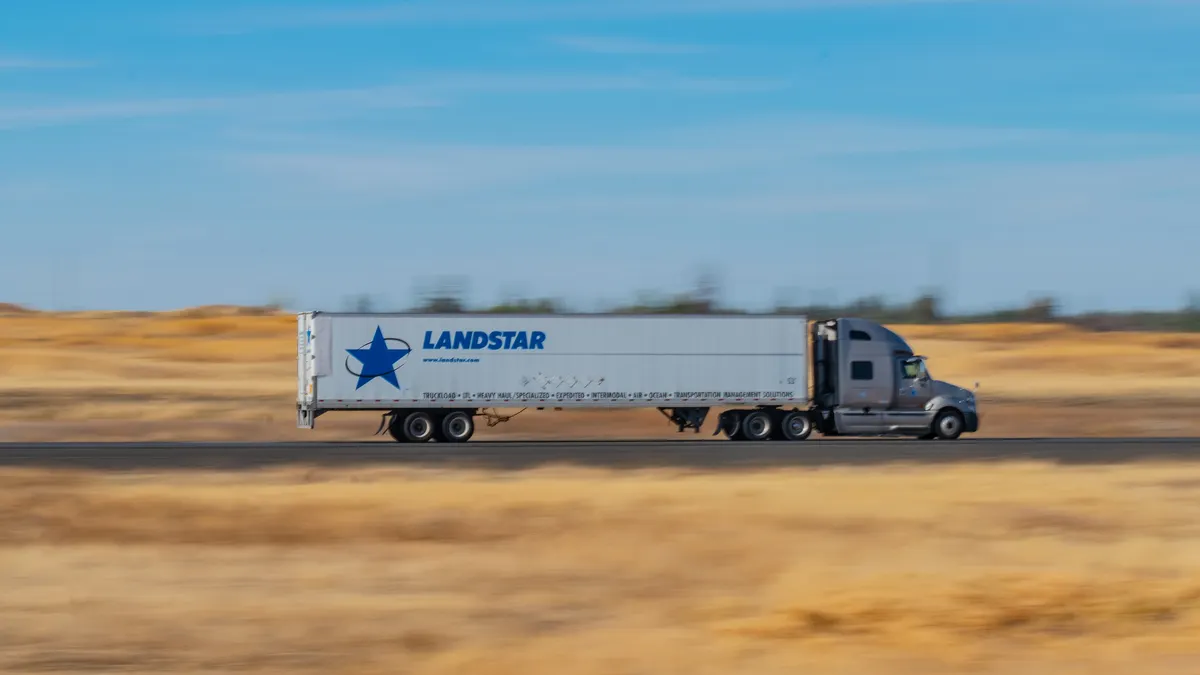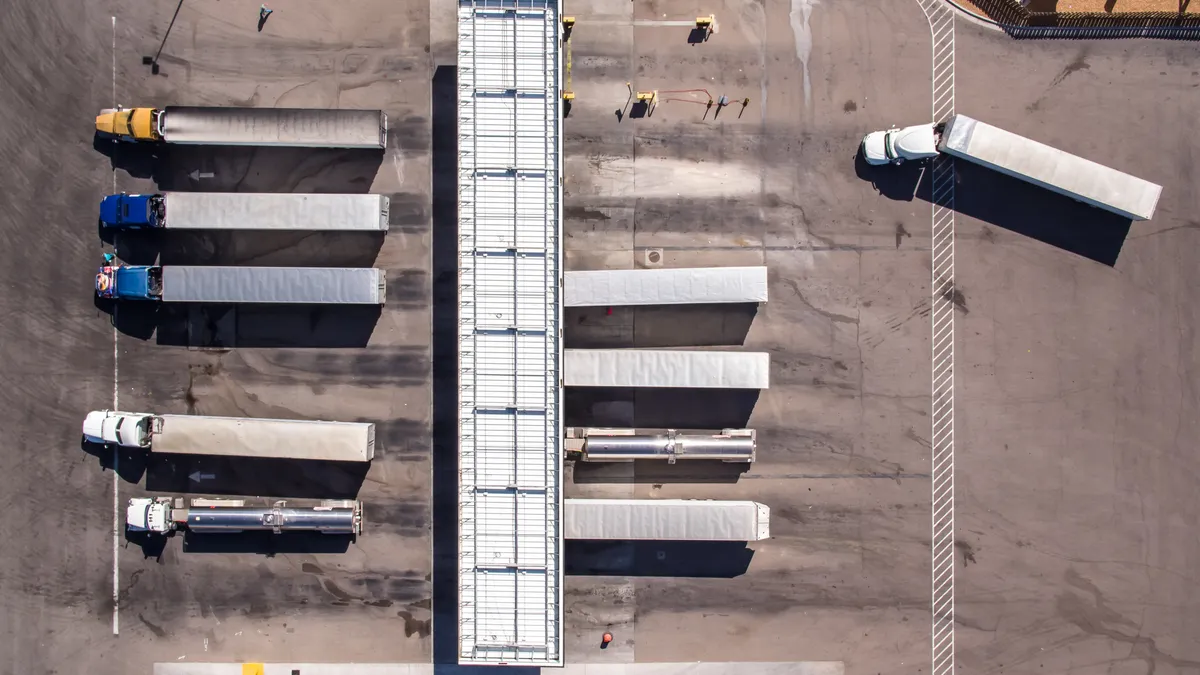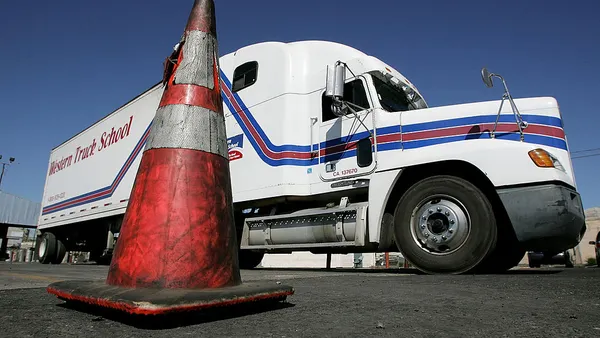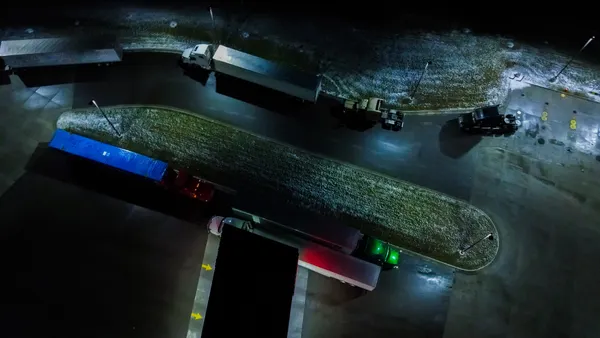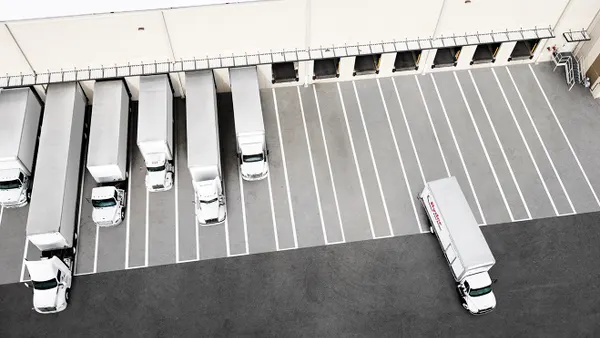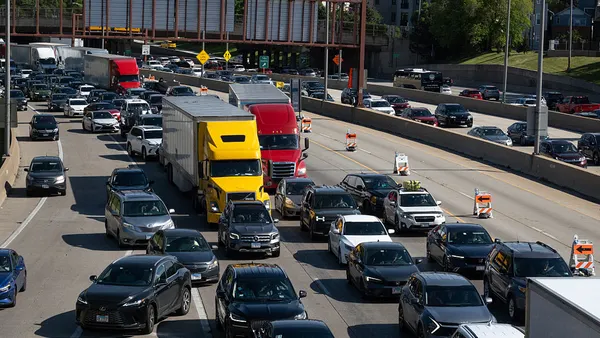Landstar System is considering the sale of its Mexico-based Landstar Metro business, according to a securities filing released Wednesday.
The company is exploring a sale or disposition of part of the business because the unit is failing to meet business goals, partly stemming from risks and tariff-fueled uncertainties for its Mexico operations, the company said.
Any changes from a potential sale won’t adversely affect Landstar’s U.S.-Mexico cross-border services, the recent filing said.
The company began working with a financial advisor on Monday to actively market the subsidiary, the filing said. The company said a deal could occur this year.
“Changes in U.S. trade policy and the impact of tariffs may significantly adversely impact our customers, our industry, and our business,” the third-party logistics provider previously noted in an earnings report in May.
The report further identified risks connected with Landstar Metro in relation to U.S.-Mexico trade relations, tariffs on imports and retaliatory tariffs from Mexico and noted potential revenue shortcomings.
President Donald Trump announced on July 31 that Mexico-based imports adhering to the U.S.-Mexico-Canada Agreement would be shielded from tariffs for 90 days while the two countries continue trade negotiations. But certain other products from south of the border are subject to 25% and 50% tariffs, Trump said.
The 3PL created Landstar Metro in 2017 through the acquisition of most of the assets of the transportation logistics company Fletes Avella, S.A. de C.V., which Landstar acquired for approximately $8.5 million.
Landstar’s potential divestment clashes with other businesses, such as Transplace, who have leaned into Mexico-based operations, TD Cowen’s Jason Seidl, senior transport analyst and managing director in research, told Trucking Dive.
Transplace, which opened a Laredo, Texas, office in 2007, launched its Transplace Mexico subsidiary in 2008 and underwent major growth. Uber Freight acquired Transplace in 2021 and opened its 10th cross-border office in 2024, part of an extensive network that features a 1.5 million square foot warehouse in Laredo.
But other trucking businesses are noting challenges amid the back-and-forth trade policy negotiations.
“The load volumes are down," Jerry Maldonado, director of Laredo and Mexico operations for Warren Transport, told Trucking Dive. “Customers say they have less orders due to commerce in the U.S.”
Maldonado serves as the chairman of the Laredo Motor Carriers Association and is on the executive committee for the Texas Trucking Association.
“From an industry perspective, we believe that ongoing tariff discussions have created uncertainty, which has slowed freight volumes,” he said in an email. “Additionally, higher interest rates are contributing to reduced U.S. consumption—less consumer demand ultimately translates to fewer loads for our drivers to move.”


